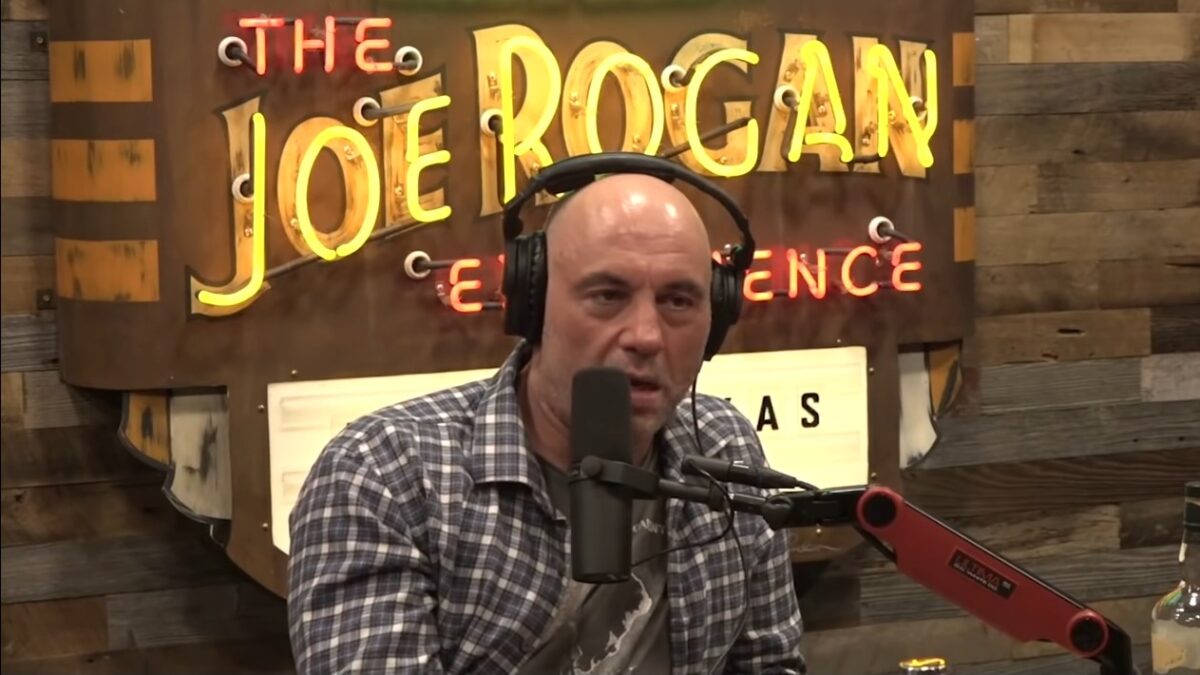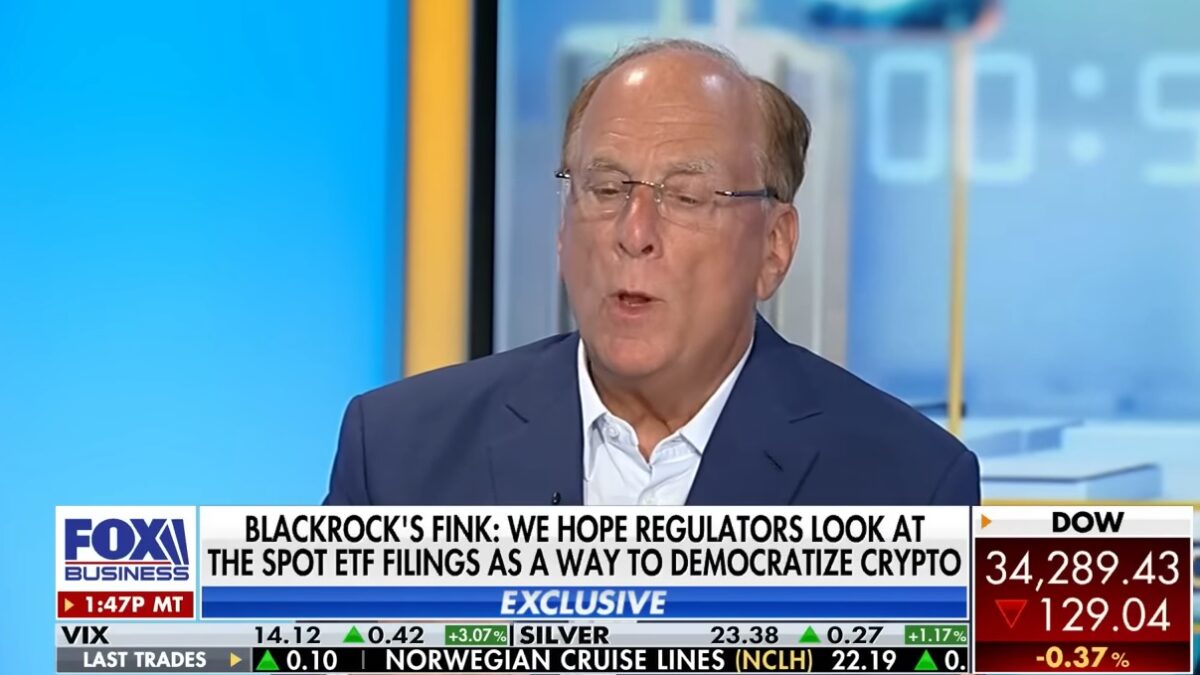Earlier this week, Reuters reported that New York State Comptroller Thomas DiNapoli sent a letter to Spotify CEO Daniel Ek, expressing concern about the streaming platform hosting controversial content. While this incident seems no different than other attempts by governmental officials to prompt the private censorship of speech, DiNapoli’s calls on Spotify to remove “misinformation” related to Covid19 differ in kind—and thus constitutionality—from the demands made by other politicians, such as Massachusetts’ Sen. Elizabeth Warren.
“Dear Mr. Ek,” DiNapoli opened, “I write as Trustee of the New York State Common Retirement Fund, one of the largest public pension funds in the United States, which holds and invests the assets of the New York State and Local Retirement System on behalf of its 1.1 million members, retirees and beneficiaries.” “As an investor in Spotify Technology SA,” the letter continued, “I am writing to express my concerns regarding the ongoing controversies related to Spotify’s content management practices.”
With that introductory paragraph, DiNapoli removed his inquiries to Spotify from the realm of veiled threats that might trigger a First Amendment violation to expressing concerns as a shareholder. In other words, DiNapoli spoke in his letter to Spotify not as a sovereign, but as an investor. Yes, a very large and powerful investor, but an investor nonetheless.
In this letter, DiNapoli expressed concerns over supposed “misinformation related to the COVID-19 pandemic,” a clear reference to the continuing controversy over Joe Rogan’s podcast. Yet his targeting of Spotify mirrors the efforts DiNapoli used as the trustee for the “largest public pension fund in the United States” to challenge other corporate practices.
For instance, the same week DiNapoli wrote Spotify in his position as trustee for the New York States Common Retirement Fund, he also “filed shareholder proposals with portfolio companies Activision Blizzard Inc., Tesla Inc. and Starbucks Corp. requesting they report on their efforts to prevent harassment and discrimination against employees and steps taken to improve workforce management.”
DiNapoli similarly announced on February 9, 2022, that the retirement fund he oversaw would “restrict investments in 21 shale oil and gas producing companies, including Pioneer Natural Resources Co., Hess Corp. and Chesapeake Energy Corp.” Such restrictions, DiNapoli explained, support his “comprehensive Climate Action Plan” that seeks “to transition the Fund’s investment portfolio to net zero greenhouse gas emissions by 2040.” Pioneer, Hess, and Chesapeake “failed to demonstrate they are prepared for the transition to a low-carbon economy,” according to the New York comptroller, justifying his ban on investing in those and other companies.
So the revelation that DiNapoli is using his clout as the trustee for the largest American public pension plan to pressure Spotify to censor Rogan and other speech with which he disagrees should come as no shock. Nor should the right view the threat as one caused by the symbiotic relationship between the government and Big Tech. Yes, that is a problem in many cases, but here DiNapoli’s epistle points out a different problem.
DiNapoli’s letter exposes the risk to free speech and the free market caused by a government that employs a large swath of her citizens and then provides them generous post-employment pension benefits funded by corporate investments chosen by elected and appointed officials based on politics and policy instead of profit. In short, the First Amendment has no say here, and DiNapoli’s push for Spotify to censor Rogan or anyone else has no remedy, outside of the ballot box.
Conversely, when politicians, such as Warren, issue veiled threats to Amazon or other distributors suggesting they may face potential legal consequences for selling certain books that contained supposed “COVID-19 misinformation,” the First Amendment provides a check on such intimidation by the sovereign.
The First Amendment, however, is not robust enough to restrain government officials when Big Tech (or Big Business) shares the same aim—limiting conservative voices or controversial speech—because in that case no threat is needed. A mere entreat by a politician or press secretary to Spotify or another “offending” platform to “do more” will be enough to prompt the stifling of objectionable voices.
While the First Amendment prohibits “government intimidation,” non-coercive requests qualify as constitutionally permissible “government expression” or “government speech.” And under the “government speech” doctrine, the government, as the speaker, “is entitled to say what it wishesand to select the views that it wants to express,” including by favoring or disfavoring different views and by asking private companies to do the same.
In short, even within constitutional bounds, the government can do much to silence speech with which it disagrees, which is why conservatives are wise to begin building their own ecosystems. But true wisdom will also require foresight in financing these ventures, or the start-ups might soon find themselves under the thumb of Democrat-controlled pension plans and then all will be for not.









